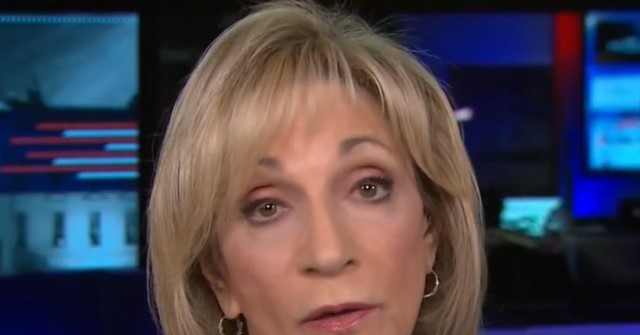In a recent segment on NBC’s “Meet the Press,” chief Washington correspondent Andrea Mitchell emphasized the importance of Vice President Kamala Harris engaging in more serious and impactful interviews to address her current challenges with male voters. According to Mitchell, Harris is experiencing a significant disconnect with male constituents, both Democrats and Republicans, which is reflected in her polling figures. Mitchell suggested that this issue is exacerbated by lingering misogyny, which she believes influences not only the voters’ perceptions but also the overall political landscape.
Mitchell highlighted the critical nature of Harris’s situation, pointing out that many men, particularly those within the business community, perceive the Vice President as lacking seriousness and might not recognize her as a substantial political figure. This perception appears to stem from a combination of gender biases, indicating that while Harris may perform well among women voters, her appeal to men is considerably weaker. Mitchell stressed that it is essential for Harris to articulate her economic policies more clearly to counter these negative perceptions and establish herself as a credible leader in the eyes of all voters.
Host Kristen Welker also remarked on the gender issues at play, noting the stark contrast in voting patterns between Harris and former President Trump. While Harris tends to secure support from women, Trump continues to dominate among male voters, creating a significant divide that could impact election outcomes. This observation underscores the need for Harris to broaden her appeal and work to mitigate the existing biases that are affecting her perceived relevance and efficacy on the political stage.
The landscape of electoral politics can often reflect gender dynamics, and in the case of Harris, the hurdles she faces may not only be rooted in her policy positions but also in broader societal attitudes towards women in leadership roles. To successfully navigate these challenges, Harris must strategically address the concerns and expectations of male voters while simultaneously maintaining her support among women. This dual approach could enhance her chances of gaining wider approval and improve her overall standing in future polls.
As Harris’s administration seeks to position itself favorably within a polarized political environment, the insights shared by Mitchell and Welker suggest that a focused communication strategy could help in dispelling misconceptions about her capabilities. Engaging in substantive discussions regarding her economic vision and solutions could play a pivotal role in reshaping public perceptions of her leadership. With the stakes high for the Democratic Party, it is crucial for Harris to refine her message and foster connections that bridge the gender divide in voter preferences.
In summary, the challenges Vice President Kamala Harris faces in garnering support from male voters are substantial and multifaceted, involving both gender biases and questions regarding her political heft. Mitchell’s and Welker’s comments illustrate a clear need for Harris to enhance her engagement in serious discourse and strengthen her economic narrative. By addressing these areas, she has the potential to reshape her image and connect more effectively with an essential segment of the electorate, ultimately impacting her standing in both the upcoming elections and her broader political legacy.

